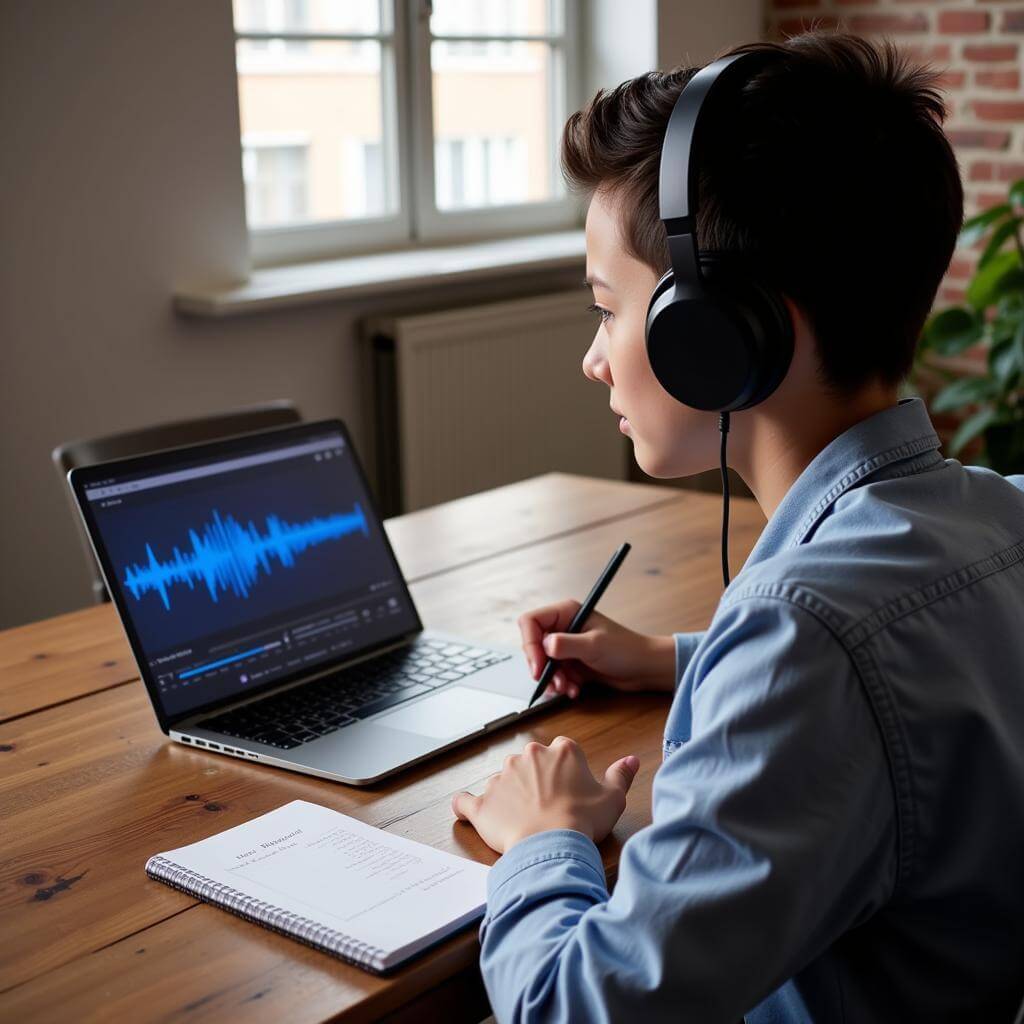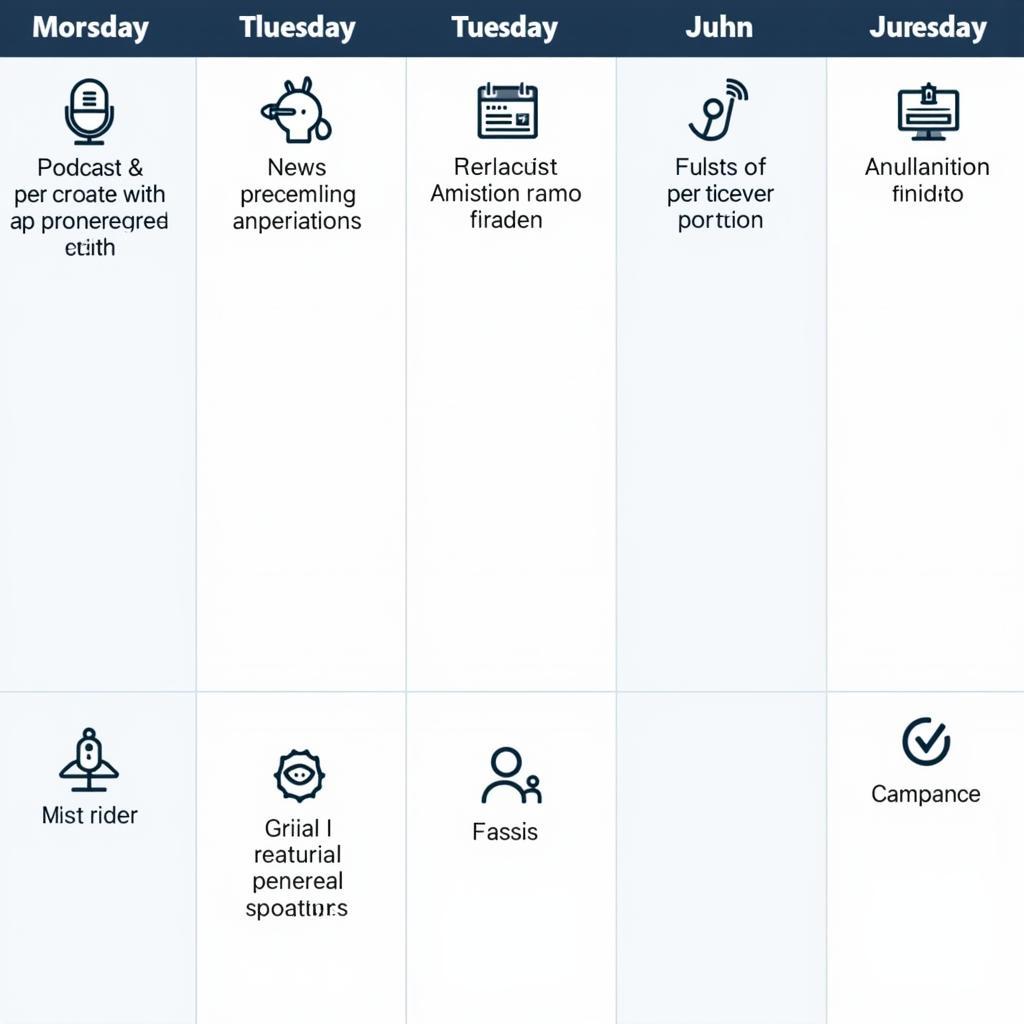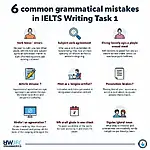Are you struggling with the IELTS Listening section? You’re not alone. Many test-takers find this part challenging, but there’s a powerful strategy that can significantly improve your performance: boosting comprehension with real-life audio. This approach can transform your listening skills and help you ace the IELTS test.
Why Real-Life Audio Matters in IELTS Listening
The IELTS Listening test is designed to assess your ability to understand spoken English in various real-world contexts. By incorporating real-life audio into your practice routine, you’re essentially replicating the test environment and preparing your ears for the actual exam.
Boosting listening retention naturally is a key benefit of using authentic audio materials. When you expose yourself to diverse accents, speech patterns, and topics, you’re training your brain to process information more efficiently, just as you’ll need to do during the test.
The Power of Authenticity
Real-life audio brings authenticity to your IELTS preparation. Unlike scripted materials, authentic sources feature:
- Natural speech patterns and rhythms
- Varied accents and dialects
- Background noises and interruptions
- Spontaneous language use
These elements mirror what you’ll encounter in the IELTS Listening test, making your practice sessions more effective and relevant.
How to Incorporate Real-Life Audio in Your IELTS Preparation
- Choose diverse audio sources
- Listen actively and purposefully
- Practice note-taking skills
- Analyze and reflect on your listening experience
- Gradually increase difficulty levels
Selecting the Right Audio Materials
When choosing real-life audio for IELTS practice, consider the following:
- News broadcasts and podcasts
- TED Talks and academic lectures
- Interviews and conversations
- Documentaries and radio shows
Aim for a mix of British, American, Australian, and other English accents to broaden your listening comprehension skills.
“Exposure to a variety of authentic English accents is crucial for IELTS success. It trains your ear to adapt quickly, which is essential in the test environment.” – Dr. Emma Thompson, IELTS Expert
 IELTS Listening Practice with Real-Life Audio
IELTS Listening Practice with Real-Life Audio
Techniques for Maximizing Real-Life Audio Practice
Active Listening Strategies
- Pre-listening preparation: Before playing the audio, familiarize yourself with the topic and predict potential vocabulary.
- Focus on main ideas: Train yourself to identify key points and overall message.
- Listen for specific details: Practice picking out names, numbers, and crucial information.
- Recognize signpost language: Pay attention to transitions and phrases that indicate important information is coming.
Enhancing Comprehension Skills
- Shadowing: Repeat what you hear immediately after the speaker. This technique improves your pronunciation and helps you internalize speech patterns.
- Transcribing: Write down exactly what you hear, then compare your transcript with the original. This helps you identify words or phrases you may have misheard.
- Summarizing: After listening, practice summarizing the main points. This reinforces comprehension and improves your ability to recall information quickly.
How to boost listening comprehension for fast speakers in IELTS is a crucial skill that can be developed through consistent practice with real-life audio. Fast speech is common in the IELTS test, and exposure to it in your practice sessions will help you adapt more easily on test day.
Overcoming Common Challenges
Dealing with Accents and Dialects
- Expose yourself to a wide range of English accents regularly
- Focus on the context and overall message when encountering unfamiliar pronunciations
- Practice with audio from different English-speaking countries
Managing Background Noise
- Start with clear audio and gradually introduce recordings with ambient sounds
- Train your brain to filter out irrelevant noise and focus on the speaker’s voice
- Practice in various environments to simulate real-world listening conditions
Improving Concentration
- Begin with shorter audio clips and progressively increase the duration
- Take regular breaks to maintain focus during long practice sessions
- Use mindfulness techniques to enhance your ability to concentrate
Improving attention to small details is essential for IELTS Listening success. Real-life audio practice can sharpen this skill by training you to catch subtle nuances and specific information amidst natural speech.
Creating an Effective Real-Life Audio Practice Routine
To make the most of real-life audio in your IELTS preparation:
- Set aside dedicated listening practice time daily
- Vary your audio sources to cover different accents and topics
- Combine listening with other language skills (e.g., speaking or writing about what you’ve heard)
- Track your progress and identify areas for improvement
- Gradually increase the complexity of materials as your skills improve
“Consistency is key in IELTS Listening preparation. A daily routine of 20-30 minutes with real-life audio can lead to significant improvements in just a few weeks.” – Sarah Johnson, IELTS Instructor
 IELTS Listening Practice Routine
IELTS Listening Practice Routine
Integrating Real-Life Audio with Other IELTS Preparation Methods
While real-life audio is a powerful tool, it’s most effective when combined with other IELTS preparation strategies:
- Use official IELTS practice tests to familiarize yourself with the exam format
- Practice listening for paraphrased information in IELTS listening, a skill that real-life audio can help develop
- Engage in practicing listening with native speakers to complement your real-life audio practice
- Combine listening exercises with reading and writing tasks to improve overall language proficiency
Measuring Your Progress
To ensure your real-life audio practice is effective:
- Regularly assess your comprehension with quiz-style questions after listening
- Record your scores and track improvements over time
- Identify recurring challenges and focus on addressing them
- Seek feedback from language exchange partners or tutors
Conclusion
Boosting comprehension with real-life audio is a game-changing strategy for IELTS Listening success. By immersing yourself in authentic English content, you’ll develop the skills and confidence needed to excel in the test. Remember, consistent practice and a well-rounded approach to IELTS preparation are key to achieving your desired score. Start incorporating real-life audio into your study routine today, and watch your listening skills soar!
FAQ
How often should I practice with real-life audio for IELTS Listening?
Aim for daily practice sessions of 20-30 minutes. Consistency is more important than long, infrequent sessions.
Can real-life audio completely replace official IELTS practice materials?
No, it should complement official materials. Use both for a well-rounded preparation strategy.
What if I can’t understand everything in the real-life audio?
It’s normal and part of the learning process. Focus on grasping main ideas first, then work on understanding more details as you improve.
How can I find appropriate real-life audio for IELTS practice?
Look for podcasts, news broadcasts, and academic lectures online. Many websites offer free resources specifically for IELTS preparation.
Will listening to music in English help with IELTS Listening?
While it can improve general listening skills, it’s not as effective as speech-based audio for IELTS preparation. Focus on spoken content that mirrors the test format.
How long before the IELTS test should I start using real-life audio?
Start as early as possible. The more exposure you have, the better prepared you’ll be. Ideally, begin at least 2-3 months before your test date.
Can real-life audio help with other sections of the IELTS test?
Yes, it can improve your overall English proficiency, vocabulary, and comprehension, which are beneficial for all sections of the IELTS test.


